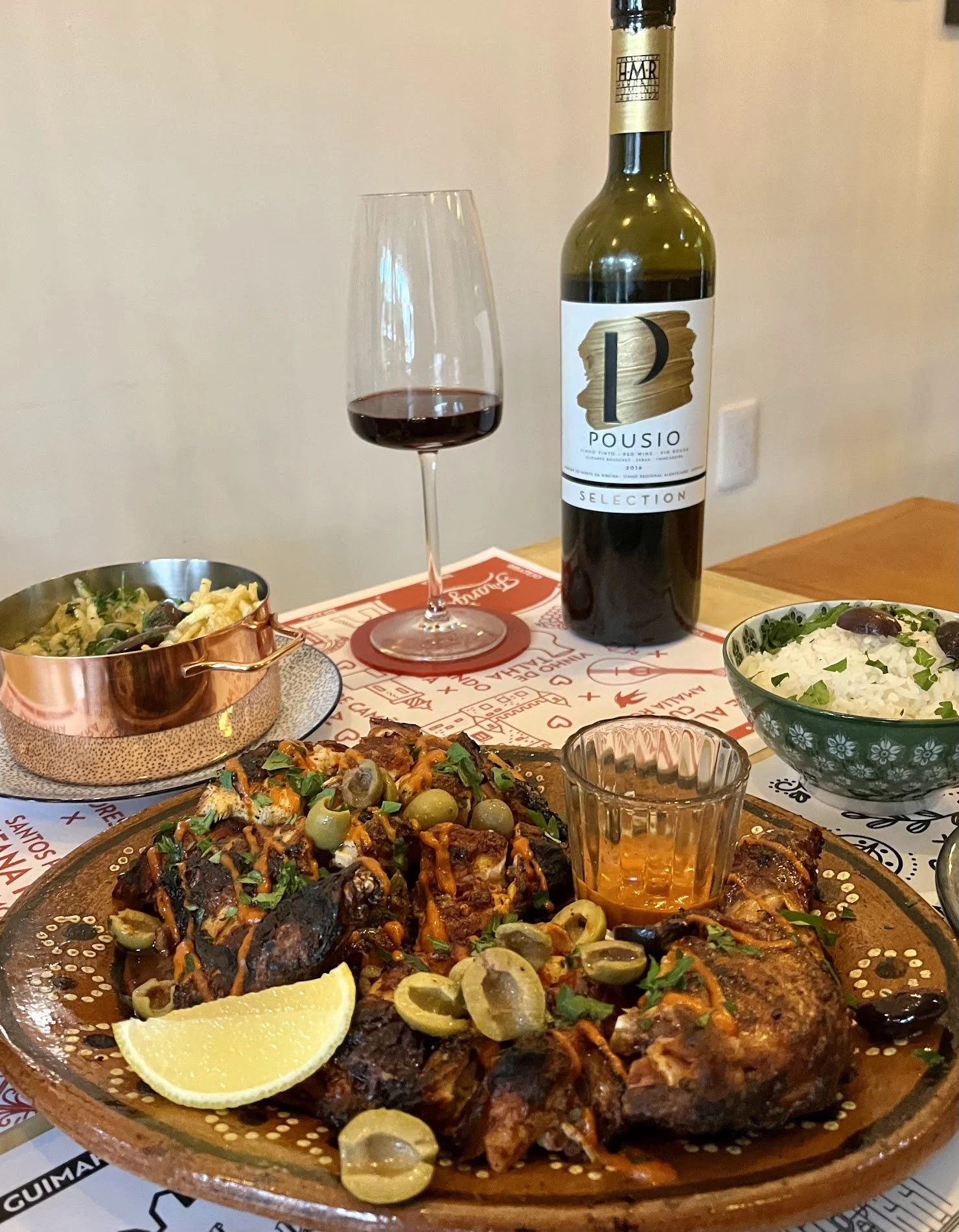It’s Greek to me: Estiatorio Mythos
Greek food, like Mexican, is a much maligned cuisine outside its home country. New Yorkers know about the Greek diners of yore, usually named “Four Brothers”. They offered good, cheap breakfasts, greasy American coffee shop fare and nominally Greek dishes such as heavy-handed moussaka or “Greek” salad, a plate of iceberg lettuce on which a few black olives, a tomato wedge and feta cheese are tossed.
In Mexico, with the exception of the serviceable Agapi Mu, we didn’t know from Greek, not even those salads. Until now. Estiatorio Mythos, a high-striving ("estiatorio" implies fancy restaurant) venue for true Greek cooking has opened its doors in our increasingly cosmopolitan capital. And it’s a welcome success.
Stefan Petridis
Mythos is the brainchild of chef Stefan Petridis, who hails from Athens. For 16 years he ran a restaurant on Paros, in the Cyclades Islands. When he came to Mexico several years ago, he saw opportunity knocking. “I wanted to open an authentic Greek restaurant here, something we don’t have in this city”, he explained, taking a breather in his busy kitchen.
Housed in a rustic-chic space, open to a quiet stretch in Polanco, Mythos is elegant yet casual, its rough-hewn walls and blond wood tables evoking the Mediterranean. On a recent Sunday, walk-ins were turned away, as word-of-mouth has already spread the news: the place is good – very good. “I’ll be bringing in the best Greek ingredients,” promises the chef. “Olives and oil, for example, and wines – people don’t realize how good Greek wines can be: all they know is tourist-quality retsina!”
The key word in Greek cooking is 'simple'. The best Greek cooks stick to basic fresh, seasonal ingredients--and lots of good seafood. The long menu, culled from the regional Greek lexicon, includes the ‘greatest hits’ realized with varying degrees of success. Mezethes, like their Turkish counterpart meze, are small plates of appetizers meant to be shared and perhaps accompanied by Ouzo. A standout is melitzanosalata, eggplant dip, appealingly smoky, perfumed with garlic and mint, and bathed in good fruity olive oil. Maridaki are small whole fish perfectly deep-fried: they retain their “fishy-ness”, without becoming simply another crunchy fried thing. Kalamarakia are tender and crisp calamar--any fan of tempura will be pleased. Best of all is htapodi ati akara (sautéed octopus), specialty of the house, one of those things you’ll want to eat again and again. The octopus is buttery tender, perfectly augmented by lemon, capers, a little garlic, and plenty of that fresh green olive oil. The appetizer portion, rich as it is, can easily be shared by two diners. In general, portion sizes are generous.
Gyritos are mini pita breads, stuffed with meat, the quintessential street-food ancestor of our tacos al pastor; they are pleasant, but heavy on the bread due to their small size. The dolmadakia (stuffed grape leaves) are palatable but one-dimensional, lacking in texture and bite, not helped by the lemon/egg sauce on top. But nobody’s perfect. Batting average is high with the game only just begun.
When I traveled in Greece, I was surprised to find that “Greek salad”--something I thought was the invention of some New York immigrant--actually exists (it’s called horiatiki salata). It's a standard on just about every menu in the country, but never contains lettuce. Tomatoes, cucumbers, slivers of sweet onion and green peppers, good black olives, are crowned by a wedge of tangy fresh feta cheese, then bathed in olive oil, spiked with lemon and a little oregano. Mythos’ version is textbook perfect. Don’t overlook it.
A logical second course is a simple roast fish and compliments should ring for the chef’s expertise. A whole robalo, red snapper, or “whatever looks best at the market”, is roasted to perfection, served already filleted, complimented by lemon, olive oil, capers, a little mint and parsley, then garnished with roasted vegetables. This is Mediterranean cooking at its best.
While the standard baklava is available for dessert, a more interesting option is galaktobureko, a creamy custard, perfumed with orange and wrapped in layers of phyllo dough.
At present, the wine list is small, but well-chosen by the Greek bartender Nick. Greek wines will be available soon.
Prices are 'Polanco average', i.e. about $600-800 per person with wine. Take into account that although on the pricy side, plates are large and easily shareable.
At the table next to me, recently, was a jovial guy, who looked like a Greek from central casting, enjoying lunch with his family. When queried as to how many Greeks live here in Mexico he replied, “Maybe twenty. More who have ancestors there. That’s the Greek ambassador over there, so about half of us are here right now," he said, laughing. And the food? “Well,” he sighed, “It doesn’t taste exactly like home…but it’s good.”
Perhaps the long menu could use a little editing; it tries to please everybody when what the chef excels in is fish and seafood. So, besides the simple appetizers stick to that.
The recently inaugurated branch that looks to the Cibeles fountain is similar and features a takeout gyro counter.
So, maybe you can’t recreate home, you can only recall it. I closed my eyes and thought of Melina Mercouri running down the docks of Piraeus with wild abandon in 'Never on Sunday', the perfume of salt water wafting in the warm breeze. It WAS Sunday, and there I was in Polanco, not Athens. But as close as I could get. Mythos is a gift from a Greek that’s easy to bear. Καλή σας όρεξη !
Estiatorio Mythos
Newton 7 (near Arquimedes), Polanco
Tel. 55 5282 1372
Open Monday, Tuesday 12 - 11 p.m., Wednesday - Thursday until 11:30, Friday, Saturday 9:00 a.m. to 12:00 a.m., Sunday 9:00 a.m. to 10 p.m.
Condesa Branch:
Mythos
Medellín 57 (Cibeles)
Tel. 55 7095 9707










